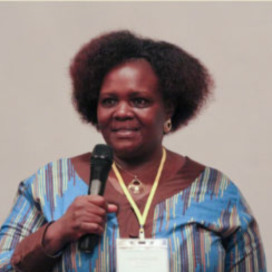
Huairou Commission | Chair
UN-Habitat recognizes that gender mainstreaming is key to developing solutions for accelerating progress towards achieving the Sustainable Development Goals and implementing the New Urban Agenda (NUA).
In line with WUF11’s theme on “Transforming our cities for a better urban future”, the Women’s Assembly will focus on how the implementation of the NUA plays a key role to contributing to inclusive urban development.
This assembly will strive to address current issues such as rapid urban population growth and its effect on socially excluded groups. The needs of women living in slums and disadvantaged neighbourhoods, of elderly women, of disabled women, of indigenous women, and of those from ethnic and cultural minorities all continue to present particular challenges for those working to include representative groups of women in safe cities, and women’s rights work.
The meeting will focus on gender inclusion through a wider lens which accounts for the multiple exclusions women face while living in cities worldwide. Women from every level of urban life will be at the centre of this event, sharing their strength and experience in order to collectively develop strategies for confronting the issues that threaten women’s equality and inclusion in cities.
The Women’s assembly session will assess the situation in different parts of the world, identify good practices that can be scaled up and formulate concrete recommendations for relevant stakeholders.
Women Leading Peace, Security, Resilience, Care, & Economic Recovery: a Pathway to Transform Cities for Better Future

Huairou Commission | Chair
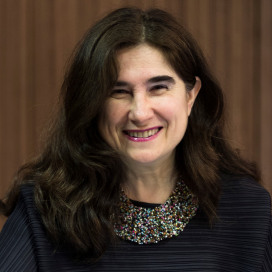
AGGI.UNH | Chair
Bufete de Estudios Interdisciplinarios AC | CEO

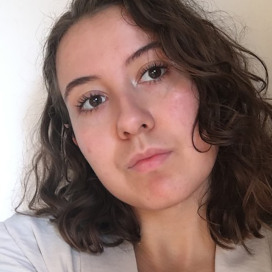
Warsaw Women's Council | Member
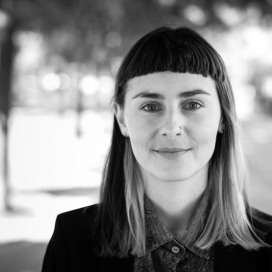
Polish Academy of Sciences | researcher


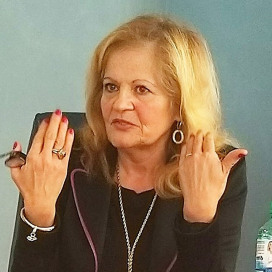
University of Naples Federico II, Italy | Professor Urban Planning, University, Naples Federico II, Honorary President of AFEM, Co chair Women Group of GAP, , Cochair WNEB ,

Executive Office of the Secretary-General United Nations | Director Sustainable Development

Ministry of Transport | Minister

Huairou Commission | Honorary President


Sistren Theatre Collective | Director

Organization ‘Add to Calendar’ | Leader

Association 'Menstruation in Action' | Leader

Landesa | Advisor
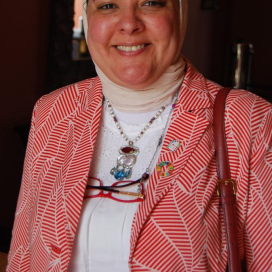
International Union of Architects UIA | Chairperson of UN Habitat Professionals Forum HPF
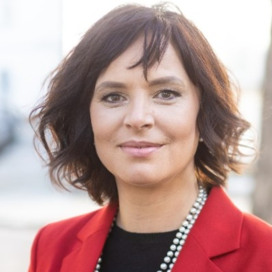
Slovakia | Vice-Prime Minister

Soroptimist Interational Association of Poland | President-Elect of Club Silesia in Katowice
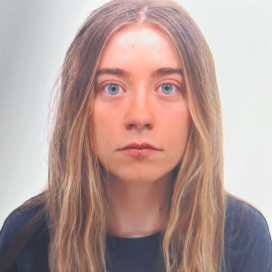
UNESCO Chair Gender | Researcher
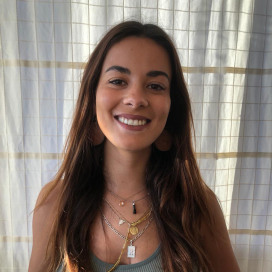
UNESCO Chair Gender | Researcher

Huairou Commission | Africa Region Coordinator & Senior Land Policy Advisor

Ministry of Agriculture, Rural Development, Population and Territory | Minister
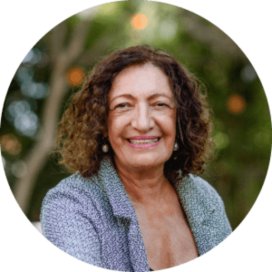
CICSCA, University of Cordoba | Emeritus Professor

Sistren Theatre Collective | Director